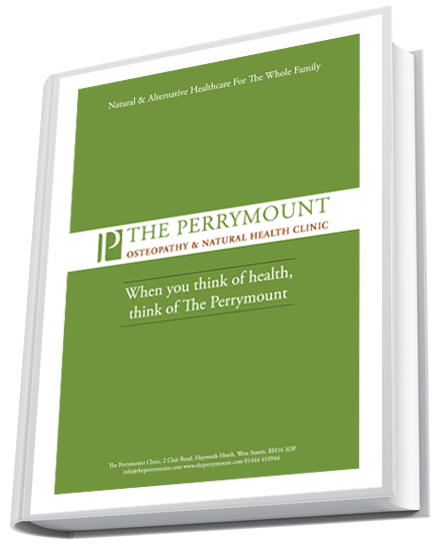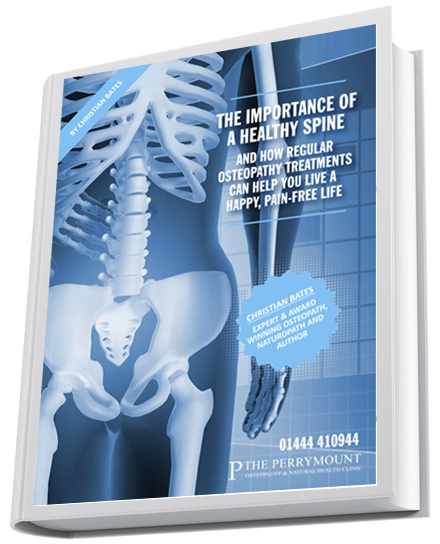Hypoglycaemia (low blood sugar), adrenal stress & low thyroid
Low blood blood sugar, or hypoglycaemia, is the opposite of the better known diabetes where the sugar in the blood remains too high. I would say that low blood sugar is fast becoming one of the most common problems I am seeing in clinic at The Perrymount. The symptoms are so wide ranging, from feeling vaguely unwell, to shaking, dizziness, weakness, anxiety and general fatigue and tiredness, see symptom list below.
The clue to whether the symptoms are a blood sugar issue are that they may be related to meals. If you have these symptoms it might be that you notice they present themselves if you have gone too long without food. Many people realise this is the case and so will snack to keep their blood sugar up. However, this can be the start of a downward spinal if the snacks are sugar loaded like chocolate bars or a stimulant like coffee. These give you a quick feel good "up" but the high sugar content will raise the blood levels too high, making you feel temporarily better, until your body over compensates and “crashes” you into low blood sugar. Now you will feel like eating sugar once more and so on goes the yo yo of up and down sugar levels.
Insulin and the stress hormones cortisol and adrenalin are intricately involved in this sugar balancing act. When you have low blood sugar and your cells are desperate to get the fuel they need to survive your body will produce adrenalin and cortisol in an emergency to make sure your cells do get fuel. The stress hormones will cause you to start burning fat and protein instead, this is detrimental, firstly your cells don’t work as well using these as fuel, secondly the protein will can come from your muscle tissue and internal organs, like your gut.
• Symptoms of low blood sugar and high stress hormones:
• Abnormal cravings for sweets, binge eating
• Afternoon headaches
• Allergies
• Tendency to asthma, hay fever, skin rash, etc.
• Awaken after a few hours of sleep and have a hard time falling back to sleep
• Bad dreams
• “Butterflies in your stomach” or cramps Difficulty making decisions
• Need caffeine to get or keep you going
• Chronic fatigue or nervous exhaustion, Sleepy or drowsy
• Depression
• Dizziness, giddiness, weakness or light-headedness
• Fatigue, shakiness relieved by eating
• Fearfulness or worry
• Hand tremor
• Heart palpitations when meals are missed or delayed
• Highly emotional
• Irritability before meals
• Poor memory or ability to concentrate
The two most common causes I see for this "reactive hypoglycaemia" are eating the wrong foods at either meal times or snack times or both. It can also be caused by stressed or under-functioning adrenal or thyroid glands. The adrenal glands produce the hormones for the fight or flight response, cortisol and adrenaline, basically they produce them when we are under stress. If we are under long term stress then the adrenals can tire or fatigue and not produce enough of these hormones, producing the main symptom of tiredness. The adrenals can also be responsible for hypoglycaemia as already explained. So stress causes low blood sugar and also low blood sugar causes stress. Eating correctly to balance blood sugar is a great way to help ease stress.
Probably more fundamental to health problems is the consumption of wrong foods, and those that make our blood sugar rise quickly and then fall quickly are the culprits. The worst for this will be sugars in snacks like chocolate, cakes, sweets etc. When it comes to main meals the foods that are most commonly eaten are unfortunately also causing blood sugar highs followed by lows, these are the high carbohydrate foods such as bread and pasta. I should also point out that some vegetables can cause these blood sugar fluctuations, they are the tubers or underground, starchy vegetables, like potatoes, sweet potatoes, carrots and parsnips. Many fruits are also high sugar foods. If you think you do have blood sugar problems you will really need to be careful of all of these foods and judge just how much you can have of them before getting symptoms of low blood sugar between meals. In general blood sugar will be balanced by snacking on a combination of carbohydrate, protein and fat. We still do need carbohydrate and sugar, they are a vital fuel for our cells, but we want to balance the amounts, making sure we don't cause large fluctuations with excess consumption.
If you have eaten a correctly proportioned meal for your Biotype and more importantly for your individual metabolism by refining how much carbohydrate, protein and fat on your plate then you may not need to snack between meals. However, eating healthy snacks may initially help you balance your appetite, assist with weight loss and fluid retention and it can also help lower excess stress hormones and level insulin.
Overeating can also cause these sugar fluctuations just because of the amount of food the body is having to deal with. For example you might be eating a low glycaemic food but have eaten a lot of it, this will still raise you blood sugar. In this case the snacks may help you eat less at the main meals knowing that only in a couple of hours you will be having a snack.
This is a brief insight into a very common problem. Fortunately, with diet changes and support to the adrenals I have had fantastic results with patients who have really been suffering with reactive hypoglycaemia and under functioning adrenals and thyroid.
If any of this sounds like you then we have a free downloadable blood sugar balancing eating plan for you. You can download it from our homepage here
If you would like to book an appoinment with one of our osteopaths please give us a call on 01444 410944 or leave us a few details below and we will be in touch with you shortly
Feel free to download any of our self-help and educational e-books, just click the link below



